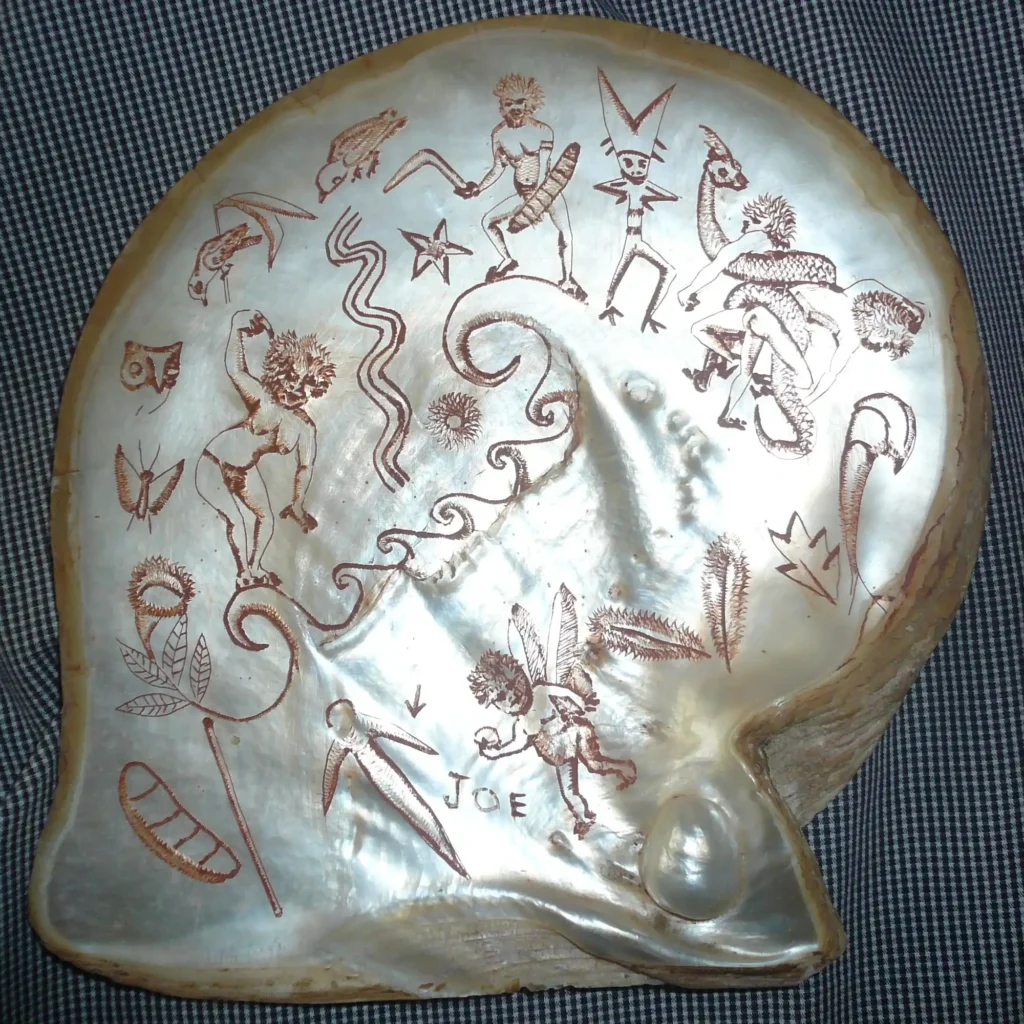TheoryGirl™️ Goes to Canberra
Lecturer: Stephen Muecke

My title is a riff on Lauren Berlant’s 1997 book, The Queen of America Goes to Washington City, which was about the shrinking role of citizenship and public life in the US. Update: things have gotten worse. More recently she said, ‘We are theorists because we don’t have a world yet.’
“Theory Girl” made an appearance in my Children’s Country book, visiting from Paris to go on a walking trail led by Goolarabooloo people out of Broome. At the end, she came up with the best line in the book: ‘Nature and God, opposite poles of the same fucked metaphysic.’ (p. 187).
23 years old, and a student of Bruno Latour, Héloïse d’Étanges is about to descend on Canberra to tell our political leaders how to recompose the world completely in five easy lessons. Turns out, after talking to the Goolarabooloo mob, there are some practical ways do Science, the Law, Economics, Politics and the Arts differently …
Set text: Stephen Muecke and Paddy Roe, The Children’s Country: The Creation of a Goolarabooloo Future in North-West Australia, Rowman and Littlefield International, London, 2020. Available in pdf.
Pre-reading: ‘Introduction’ and Day 1, ‘Walking’., in The Children’s Country. pp. xii-12.
COURSE SCHEDULE
NOTE: In keeping with the spirit of spontaneity, readings (text and other material) will be sometimes be provided from week to week during the course. Feedback welcome: s.muecke@unsw.edu.au
Week 1
Days 3 and 4, The Law
In which we recognise the Bugarrigarra as the foundation for Goolarabooloo law, but a foundation that can change as it projects itself into the needs of future generations; we find that the story about rayi, children’s spirits, was a major part of the Goolarabooloo case for Native Title, a case that didn’t succeed in 2017; we lament how much has been capitulated in Native Title law; while we find some hope for ‘creative jurisprudence’ in a revived totemism and in storytelling; but we complain about social scientific tree diagrams such as genealogies, arguing that kinship is cyclical, and as much about ascent as descent; Paddy finishes the day’s work with his story about how he acquired custodianship of Country.
Reading: pp. 43-84.
Week 2
Day 5, Science
In which we discover that ways of knowing are also ways of belonging; that no knowledge is universal, but they all try to expand their spheres of influence; that science aspires to being a reliable form of knowledge, but that Indigenous science does this differently from Western science; that relevance is an important factor for the distribution of knowledge; that animals have arguments that can be heard; and that Australian totemism, as well as helping the law, might well be an impressive kind of Indigenous scientific invention.
Reading: pp. 85-102.
Week 3
Day 6 Politics
In which we learn that politics is yet another mode of belonging; and Theory Girl gets into a spot of bother; and Premier Barnett’s political blunder teaches us about how politics is supposed to work; but we turn to the philosophy of Peter Sloterdijk to help us map the political networks crowding around the James Price Point struggle; and meanwhile the anti-gas campaigners come up with some new strategies.
Reading: pp. 103-128.
Week 4
Day 7 Economics
In which we define neo-liberal economics as ‘whatever you can get away with’; in a context in which gifts and bartering can be a preferred way of living well; the imposition of a market economy in this part of the world was initially ‘feudal’ and has escalated in recent years to a multinational extraction economy; that we now argue should be reformed and renaturalised to fit the scale of this territory.
Reading: pp. 129-147.
Week 5
Day 8 Art
People might say that Woodside had no imagination whatsoever, but they wanted to build a gas plant because they imagined it would make for a better life for their shareholders; meanwhile Goolarabooloo people were continuing to imagine something different for the future; many of their allies were artists; today we discover why people and their cultures have to keep being creative.
Day 9 Civilisation
In which the Trailsters are whipped back to Broome on a fast rewind and start getting a bit sad; and we are confused about what civilisation might be, exactly, because Western civilisation is nervous about whether it is still superior; it might have to be redefined under the pressure of the new climate regime that changes everything; while this Goolarabooloo mob is still here looking after their civilisation that had already worked out how to persist for millenia, and more recently knew events that really did ‘change everything’.
Reading: pp. 149-194.
